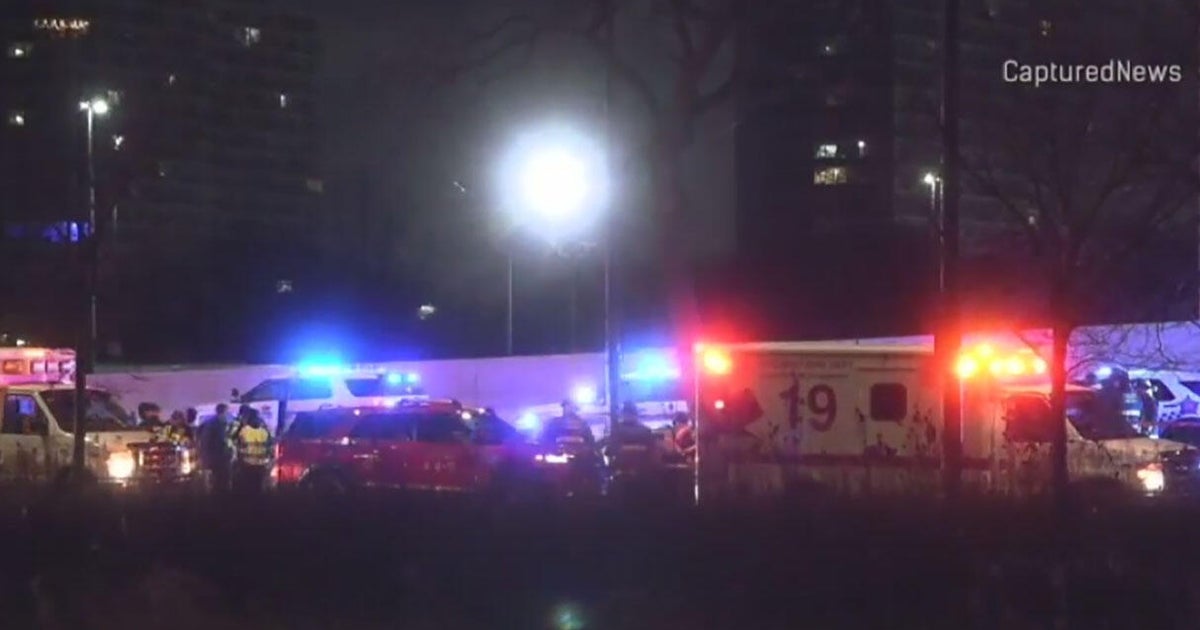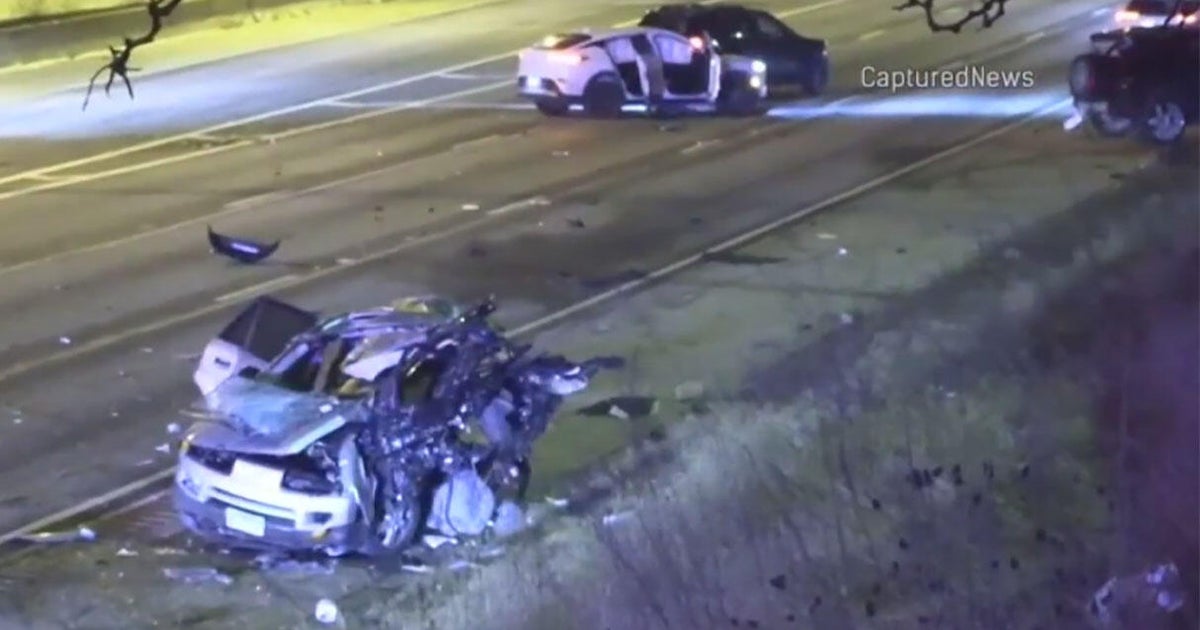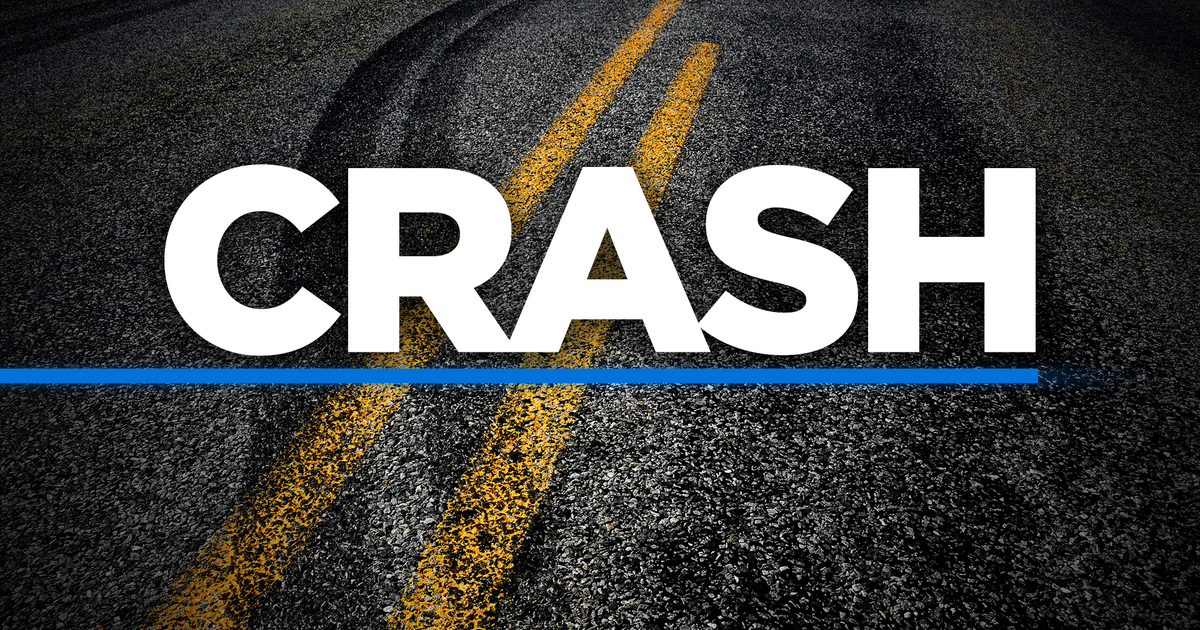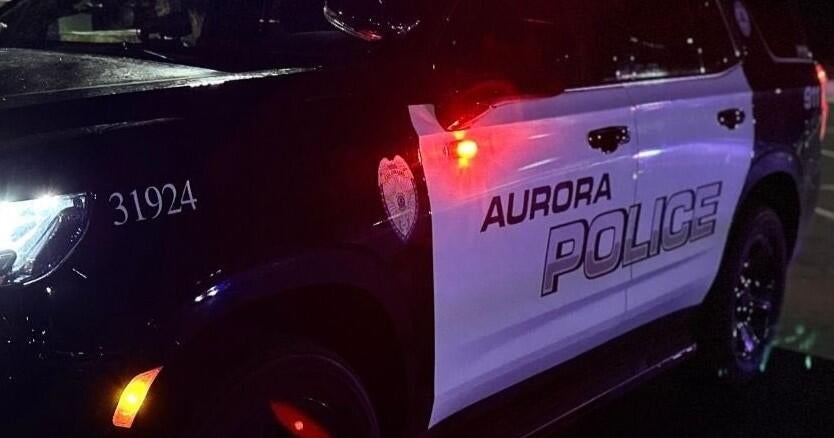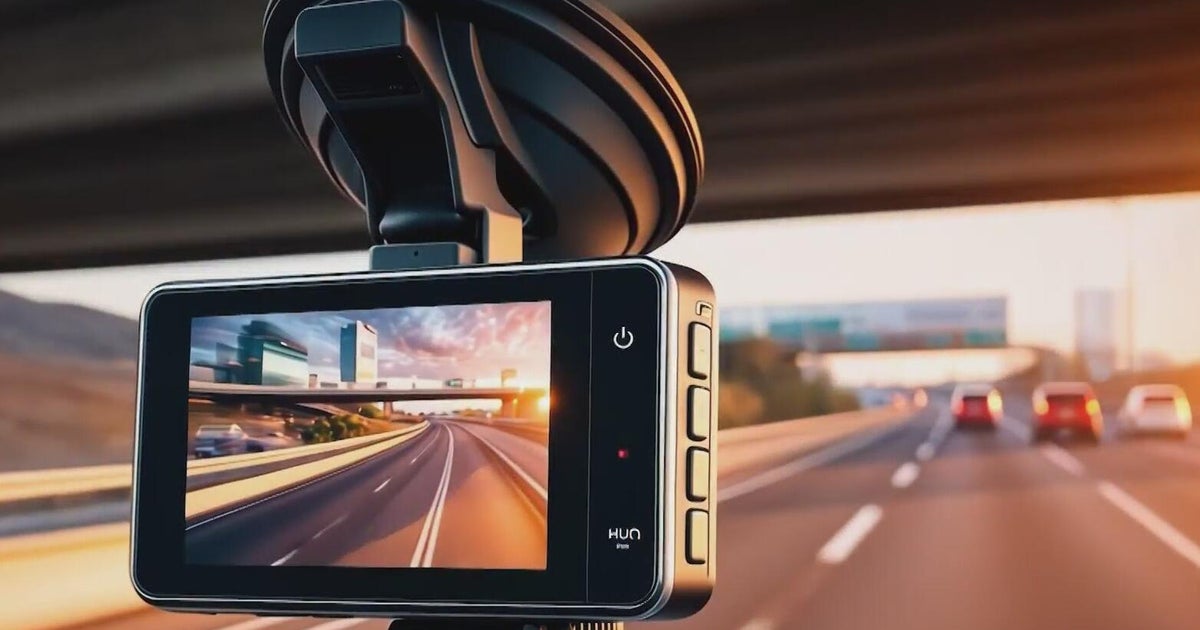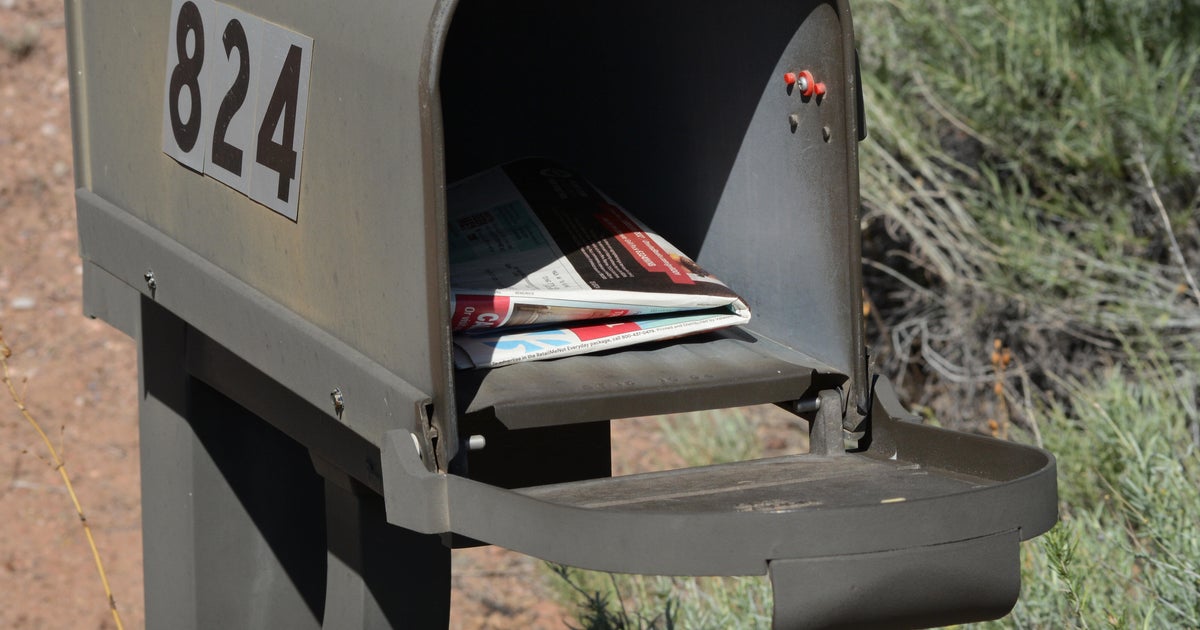Governor Seeking To Add New Paid Lanes To Stevenson Expressway
CHICAGO (CBS) -- Would you be willing to pay to zoom through morning traffic on the expressway? Gov. Bruce Rauner is looking at plans to add "managed lanes" on the Stevenson Expressway.
Rauner said the 25-mile stretch of the Stevenson Expressway between the Veterans Memorial Tollway and the Dan Ryan Expressway is one of the most congested spots in America.
He has asked lawmakers to approve a resolution that would allow the Illinois Department of Transportation to seek out a public-private partnership to add so-called "managed lanes" to the expressway.
The governor said a private group would pay to build one or two additional lanes in each direction in the current median, and then be allowed to charge a toll to drivers who use them.
"We could actually have flexible tolling to customize the price of the tolling, depending on how the congestion is," he said.
Podcast
About 170,000 vehicles use that section of the Stevenson every day, and 75 percent of those people drive alone. According to IDOT, one quarter of those drivers say the congestion is unbearable.
IDOT Secretary Randall Blankenhorn said the project would not mean the entire expressway would become a tollway.
"People will still have the option to drive in the free lanes," he said.
Some drivers said they'd be willing to pay to drive on the Stevenson if the new lanes reduced congestion.
"It could be good if they're all express lanes, especially when the traffic is really backed up. I'll pay a little extra just to get home faster," driver Arturo Perez said.
Willie Roberts said he's fine with private investment in the project, but would not support a long-term deal like the ones hammered out for the Chicago Skyway and the city's parking meters.
"If it could help improve the flow, the potholes, the traffic in any way – as long as it's not a lot of money, a minimum fee – I'm okay with it, but I want an end date and a begin date on it. I don't want it to last forever," he said.
Rauner said he would like to begin construction on the estimated $425 million project next year, and have the new lanes completed by 2019.
First, he needs the Illinois General Assembly to sign off on the plan, and he said he has bipartisan support.
